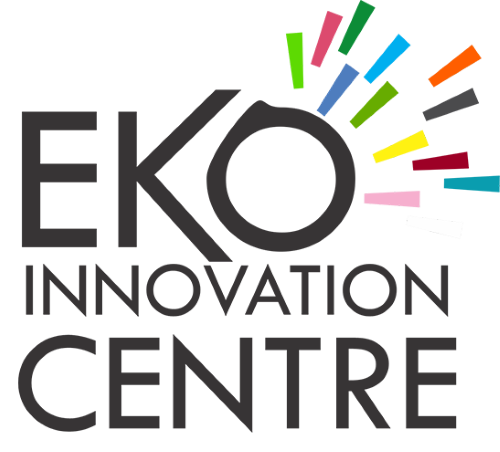Funding, Operations & Marketing Strategy
What makes a good idea a business opportunity?
The key difference between a good idea and a business opportunity is an identifiable group of people that are willing to pay for access to or use of that idea.
This makes the identification and definition of a market for an “idea” a foundational step in establishing its viability as a business. The clear definition of the market is required to optimize all aspects of the business, including:
• Funding Strategy
• Marketing Strategy
• Operations Strategy
Quantifying and defining a market
A market is defined as the population of all people that would use a product or service and have the economic ability to pay for it.
The market is usually divided into three categories:
● Total Available Market (“TAM”): This is defined as the total market demand for a good or service. It includes everyone that could possibly want and can afford your good or service.
● Serviceable Available Market (“SAM”): This is defined as the population of potential users that can be served by the specific product “variant” provided by the company.
● Serviceable Obtainable Market (“SOM”): This is defined as the market share that the business can realistically be expected to win.
Why does the market definition matter?
Market definition is the foundational process in a business. It influences every facet of the business, and a mismatch between the market and the strategies employed by the business will result in a suboptimal outcome. The funding structure of a startup must be appropriately aligned with the market it intends to tap into.
Funding Structure:
The amount and proportion of equity capital necessary in a startup business is proportional to the risk of entry and success in the market
| Market Characteristics | Equity (Size/Proportion) | Debt |
| Monopoly | Very Large/100% | N/A |
| Oligopoly Competition | Large/100% Variable/Moderate to High | N/AVenture debt possible |
Why does market definition matter?
Operation Strategy: The structure of the market will define the appropriate operations strategy for a startup. Operational strategies include the following:
• Product Management & Development
• Supply chain
• Human Resources
• Quality
• Process
• Inventory
• Schedule
• Location & Layout
